A valid Pope can’t be “anathema.” https://t.co/Q5IL8Vac0U
— Fr. Dave Nix 📡 (@FrDaveNix) November 11, 2023
i

A valid Pope can’t be “anathema.” https://t.co/Q5IL8Vac0U
— Fr. Dave Nix 📡 (@FrDaveNix) November 11, 2023
i
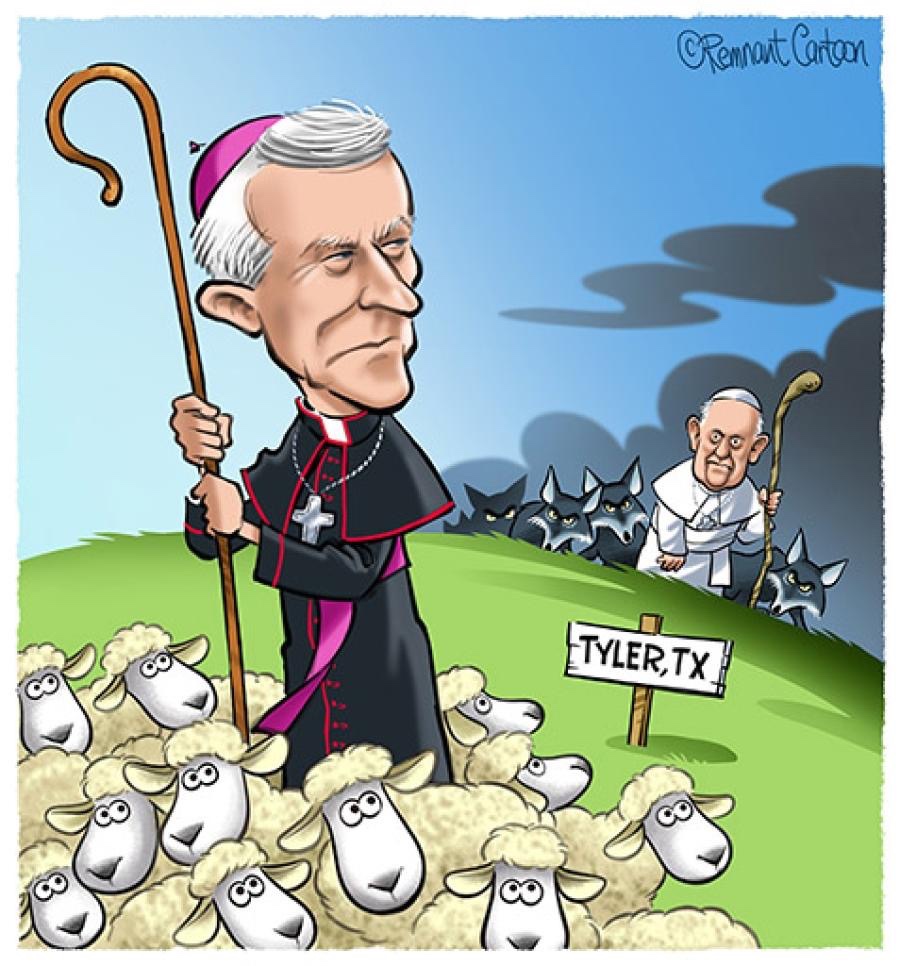
Antipope Bergoglio just announced his completely illigetimate, illegal attempted deposition of Bishop Joseph Strickland of Tyler, Texas. Sadly, +Strickland will probably fold and go along with this illegal act by the Antipope and his Antichurch currently occupying the Vatican. That’s what’s so sickening about this whole thing. Every scrap of power that Antipope Bergoglio wields is due 100% to the sheep handing him the power. Bergoglio wields ZERO legitimate power in the Catholic Church. Everything he says and does is built on a foundation of Luciferian deception. And our culture is so far gone that it is now a sick, inverted “virtue” to surrender to evil. Anything- ANYTHING other than any sort of virility. Oh no. Acting like a man, much less a Catholic man, is THE unforgivable sin.
Antipope Bergoglio is also getting ready to guarantee that all future “conclaves” are invalid by tricking the Church into thinking that the governing rules have been abrogated, and that “conclaves” include laywomen and various moral degenerates appointed by the Antipope himself. Again, the pathological incapacity of people to think in a linear progression (Bergoglio is not and never has been the Pope, and therefore has ZERO ability to abrogate or change ANYTHING) is being wielded by Satan as a relentless cudgel.
AND, of course, we have the Antipope and his sodomite child-groomer ghostwriter, Tucho Fernandez, giving the green light to having transvestites be baptized under their drag stage names, to stand as godparents, and for open sodomites to have children they have bought from human traffickers (called “adoption”) be baptized. There is already approval from Bergoglio and Fernandez for “blessings” for sodomites, and it is suspected that some sort of Luciferian sodomitical “marriage rite” will be rolled out next year.
Honest men, like Deacon Nick Donnelly of late, have started publicly acknowledging that Bergoglio obviously isn’t the Pope.
But what I want to draw everyone’s attention to are these people, who with each new egregious act of Antipope Bergoglio, triple, quadruple and quintuple down on the lie that “Fwanciss is DEFINITELY Pope, there have been lots of bad popes before, and there’s absolutely nothing ANYONE can do about this – in fact, it will probably take many decades if not centuries for any of this to be fixed, so shut up, Stoopid!”
The question is this: these people clearly WANT the LIE of Bergoglio being the Pope to be “true”, and to continue, even after Bergoglio dies. Why??? Why would you DEMAND not only that this continue, but that it cannot be fixed in our lifetimes? WHY?
When people like me, NonVeniMark, Dr. Mazza, and the growing number of others step forward and say, “Hey, there has been a HUGE mistake here, let me show you what happened, and this COULD be fixed, and fixed quickly and shockingly easily,” these people fly into a rage at the thought of the Bergoglian Antipapacy being ended and publicly nullified. I’m talking full-blown spittle-flecked nuttys, folks.
Again… WHY?
There are a few of these actors who are running red flags so high up the flagpole that it can’t be ignored. Lots of others are just scared of losing money, careers, etc. But there are a few who have even me scratching my chin and saying, “Whose payroll are these people on?”
Langley (CIA)? Foggy Bottom (State Department)? Davos?

Many a Rosary I prayed in the Archbasilica of St. John Lateran, the Cathedral of Rome, Seat of the Vicar of Christ on Earth, a decade ago when I was a pilgrim there. I beg God Almighty that whatever graces might have been given me in those moments might be renewed in perpetuity.
St. John the Baptist, pray for us.
St. John the Apostle and Evangelist, pray for us.
Sts. Peter and Paul, pray for us.
Lord Jesus Christ, have mercy on us.
Let’s use some common sense here.
I want you to repeat these words slowly just so you understand the gravity of the situation and understand what they want you to accept as coincidence…Four people… who all worked for the same Sheriff’s department… in the same city…… https://t.co/TkSrVEtsBs
— Defender of the Republic 🇺🇸 (@realdefender45) November 9, 2023
So… the Powers That Be, the mainest of the Mainstream Media, and therefore also the Washington DC cabal, and therefore Tel Aviv knew. Dick Cheney, Lindsey Graham and John McCain’s ghost WILL have their nuclear war if they have to Lusitania the whole world to get it. Like I said. Evil, evil, evil. The whole mess. I won’t be tricked any longer into the whole “you HAAAAAVE to pick a SIIIIIDE” trap when both sides are observably evil.
The source link is getting hit so hard that it’s not opening as I write this, so here’s the AceOfSpades story. And remember, AoS is 1000% pro-Israel. It seems that they’re deluding themselves into believing that the NYT, AP, Reuters and CNN are all run by … musloids. Ummm… no. 🤦🏻♀️. Just no.
Remember Barnhardt Axiom #5: Nobody hates the Jews more than the Jews hate the Jews.
https://acecomments.mu.nu/?post=406961
I don’t even know what to say.
On October 7, Hamas terrorists were not the only ones who documented the war crimes they had committed during their deadly rampage across southern Israel. Some of their atrocities were captured by Gaza-based photojournalists working for the Associated Press and Reuters news agencies whose early morning presence at the breached border area raises serious ethical questions.
What were they doing there so early on what would ordinarily have been a quiet Saturday morning? Was it coordinated with Hamas? Did the respectable wire services, which published their photos, approve of their presence inside enemy territory, together with the terrorist infiltrators? Did the photojournalists who freelance for other media, like CNN and The New York Times, notify these outlets?Judging from the pictures of lynching, kidnapping and storming of an Israeli kibbutz, it seems like the border has been breached not only physically, but also journalistically.
AP: Photojournalists or Infiltrators?
Four names appear on AP’s photo credits from the Israel-Gaza border area on October 7: Hassan Eslaiah, Yousef Masoud, Ali Mahmud, and Hatem Ali.
Eslaiah, a freelancer who also works for CNN, crossed into Israel, took photos of a burning Israeli tank, and then captured infiltrators entering Kibbutz Kfar Azza.HonestReporting has obtained screenshots of Eslaiah’s now-removed tweets on X in which he documented himself standing in front of the Israeli tank. He did not wear a press vest or a helmet, and the Arabic caption of his tweet read: “Live from inside the Gaza Strip settlements.”
Masoud, who also works for The New York Times, was there as well — just in time to set foot in Israeli territory and take more tank pictures.
Ali Mahmud and Hatem Ali were positioned to get pictures of the horrific abductions of Israelis into Gaza.
Mahmud captured the pickup truck carrying the body of German-Israeli Shani Louk and Ali got several shots of abductees being kidnapped into the Strip.
Interestingly, the names of the photographers, which appear on other sources, have been removed from some of the photos on AP’s database. Perhaps someone at the agency realized it posed serious questions regarding their journalistic ethics.
More at the link.
If the link doesn’t work — it’s getting hit with massive traffic right now — you can try the archive.is link.
I think this means that the NYT, CNN, AP, and Reuters have photographic proof of the war crimes committed by their compatriots — but are hiding that proof because Hamas wants it hidden.
I’m no Trump fan, but I do believe that his six-word answer a few months back when the MSM bimbette tried to run that game on him with the Russia-Ukraine mess was possibly the best political answer of the 21st century so far: “I want people to stop DYING.” That answer is the exact opposite of the Military Industrial Combine’s and NewWorldOrder’s shared agenda. That’s the sort of statement that gets people assassinated.
Today is the Feast of the Four Holy Crowned Martyrs, four soldiers who were executed by being beaten to death for refusing to offer sacrifice to a pagan god by Diocletian in ARSH 304. This is the Epistle Reading of their Mass today from Hebrews 11. In addition to being justification for those of us accused of writing excessively long sentences, it makes the point that if you have Faith and do the right thing, you will win either way. You will either subdue kingdoms and put the enemies of God to flight, or you will win the crown of martyrdom, depending on what the Will of God happens to be.
THE ULTIMATE WIN-WIN SCENARIO.
[The Saints] who by faith conquered kingdoms, wrought justice, obtained promises, stopped the mouths of lions, quenched the violence of fire, escaped the edge of the sword, recovered strength from weakness, became valiant in battle, put to flight the armies of foreigners: women received their dead raised to life again: but others were racked, not accepting deliverance, that they might find a better resurrection; and others had trial of mockeries and stripes, moreover also of bands and prisons: they were stoned, they were cut asunder, they were tempted, they were put to death by the sword, they wandered about in sheepskins, in goatskins, being in want, distressed, afflicted: of whom the world was not worthy; wandering in deserts, in mountains, and in dens, and in caves of the earth. And all these being approved by the testimony of faith, In Christ Jesus Our Lord.
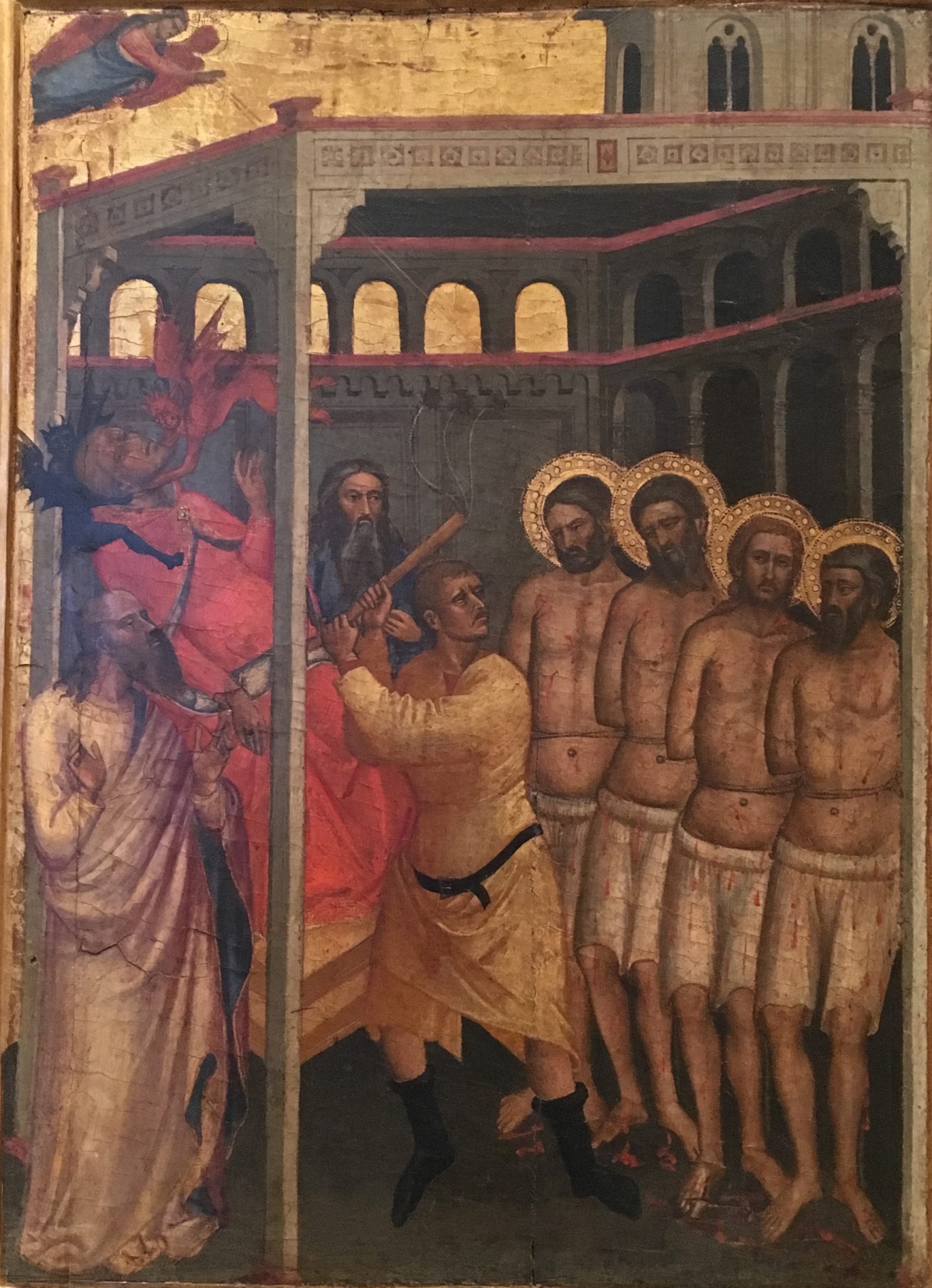
The Scourging of the Four Crowned Holy Martyrs, Niccolò di Pietro Gerini, Florence, ARSH 1385-1390







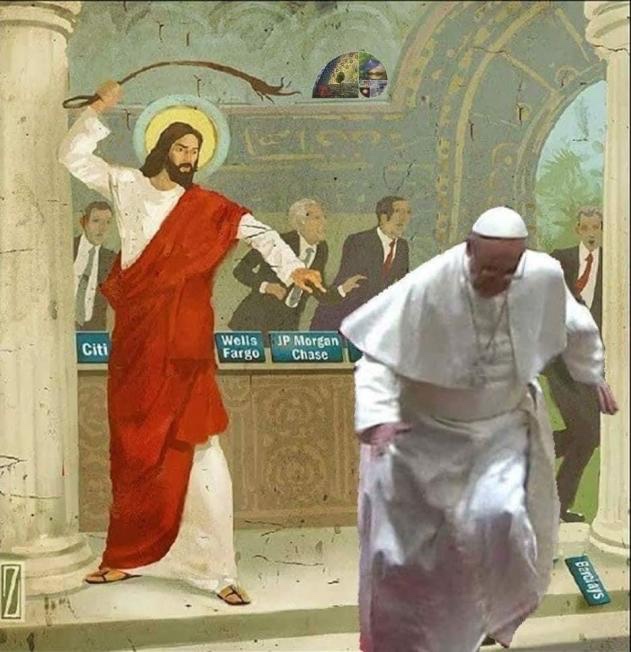





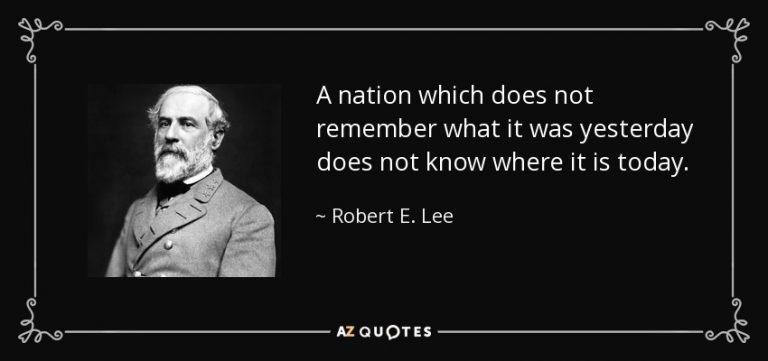












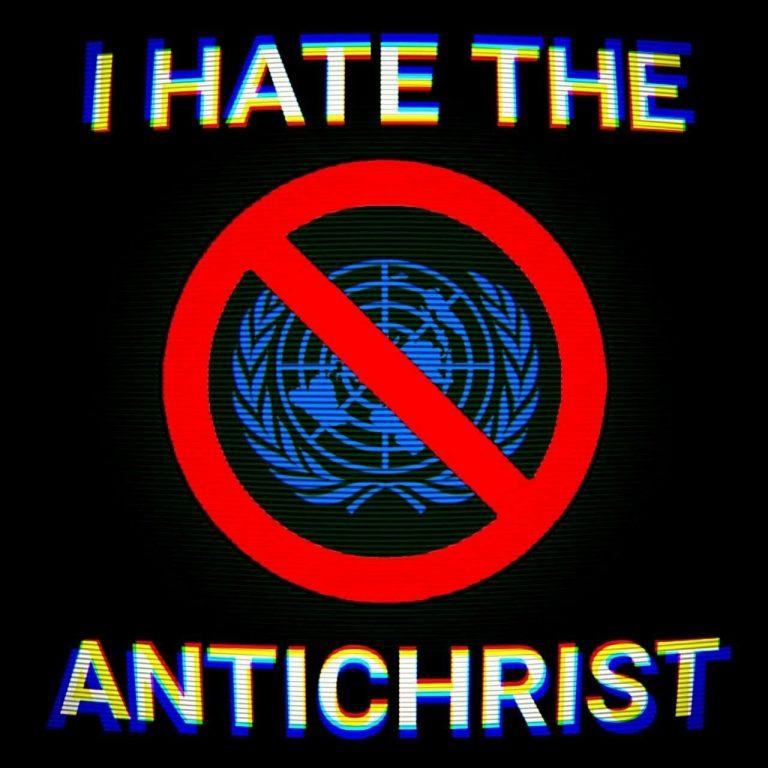

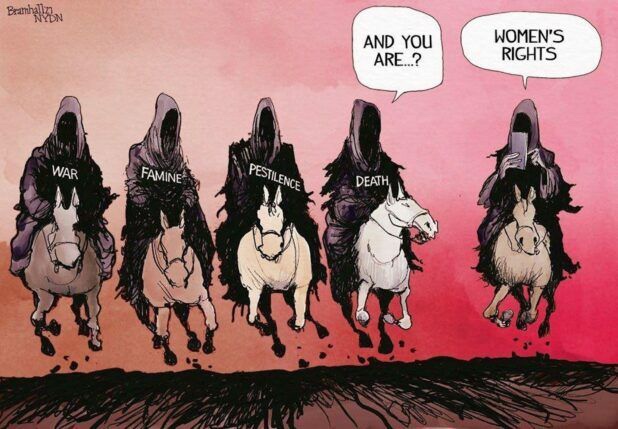

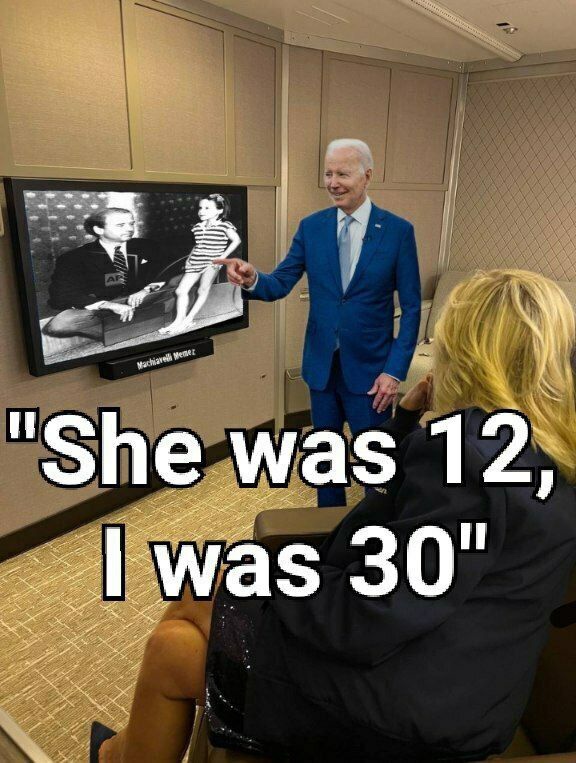









Yes, the Bergoglian Antichurch is a cabal of slack-jawed, mouth-breathing malignant imbeciles… and the Divine Providence (Who has QUITE a sense of humor, it must be said) uses that in order to make manifest the fact that Whore-hay is not, never has been, and never will be the Pontifex Maximus. See the Part 3 video if you’re not up to speed.
Visibility, visibility, visibility. All day, every day.
https://www.gloria.tv/post/qxy3PyxZSWiY2ZnaBZW9JZnis
An epigraph on a new installation in the Roman Basilica Santa Maria Maggiore, in front of the high altar, contains an embarrassing error.On the left is a white cathedra standing on three steps. On the second step is engraved “Franciscus” in Latin, followed by “P.M.A.X.”
These abbreviations make no sense. The correct version would be “Pont. Max.” or “P.M.” for Pontifex Maximus (Supreme Pontiff).
Giovanni Maria Vian, a former editor of L’Osservatore Romano, calls this “yet another manifestation of an undeniable decline of artistic patronage, but more generally of the cultural level, in the Catholic Church” (EditorialeDomani.it, October 21).
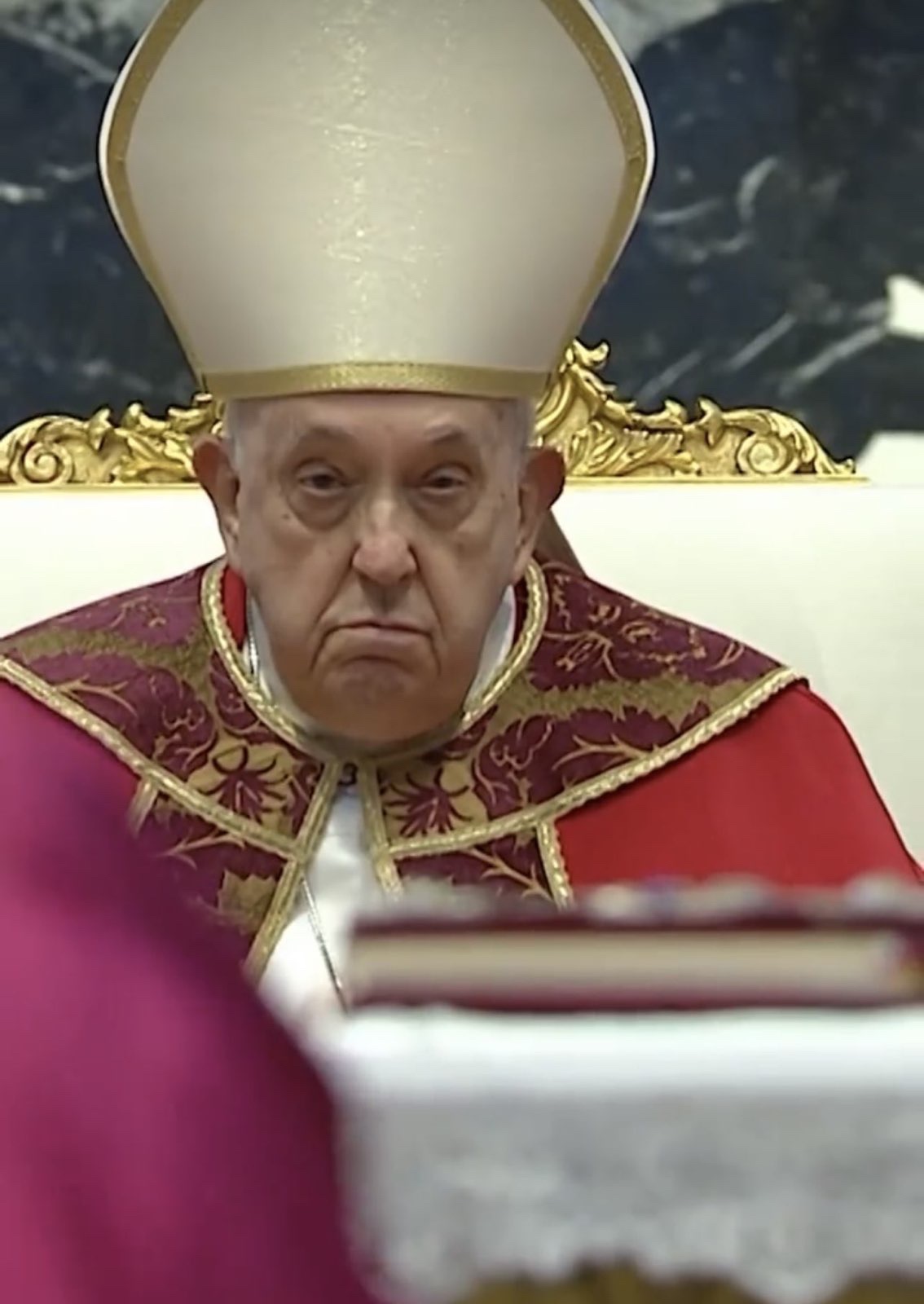
“I say, that boy’s about as sharp as a sack of WET MICE.”
The point here, in this absolutely staggeringly STUPID unforced error, is that we have yet ANOTHER example of the Divine Providence making sure that the enemies of Jesus Christ and His Holy Church, even coming from a place of abject stupidity, unwittingly state themselves that Jorge Bergoglio ain’t the Pontifex Maximus, but rather whatever “P.M.A.X.” stands for. Since there is no such extant acronym, let’s make one up.
Pedophilic Molestation Accomplice: X-rated
That’s my contribution. What is your acronym for Jorge Bergoglio: P.M.A.X.?
Even the stones (and marble slabs) will cry out…
Only serious Elvisphiles appreciated this SNL skit, but I’ve used “Tell Joe Esposito to bring the car around” as a colloquialism for “let’s bounce” in select company for thirty years now.
I’m really glad to hear that Rob Schneider has reverted to the one true faith. His Filipino mother’s side’s prayers worked. Next up, Pittsburgh Catholic boy, Dennis Miller. And don’t forget the Barnhardt Podcast family’s intention for the Podfather, co-Host of the No Agenda Podcast, the lion-maned original MTV VeeJay, Adam Curry. AC has publicly announced that he now professes Christianity, but we need to get him all-in. Full TLM. Saint Tiny Princess, pray for us!
For any Elvis-philes, here’s Rob Schneider, in the powder blue leisure jacket, in the “Tiny Elvis” skit from the early 90s, satirizing Elvis and The Memphis Mafia. Schneider is depicting Sonny West. Kevin Nealon is Red West, Elvis’ bodyguard and Sonny’s cousin, and Chris Farley is Elvis’ driver, Joe Esposito. Hence, ‘tell Joe Esposito to bring the car around’.
Below that is Elvis’ first big single, “Mystery Train” from August of ’55. Pure timeless Rockabilly quality.
Dat’s yuuuuuuuge!
Silly, clean fun.